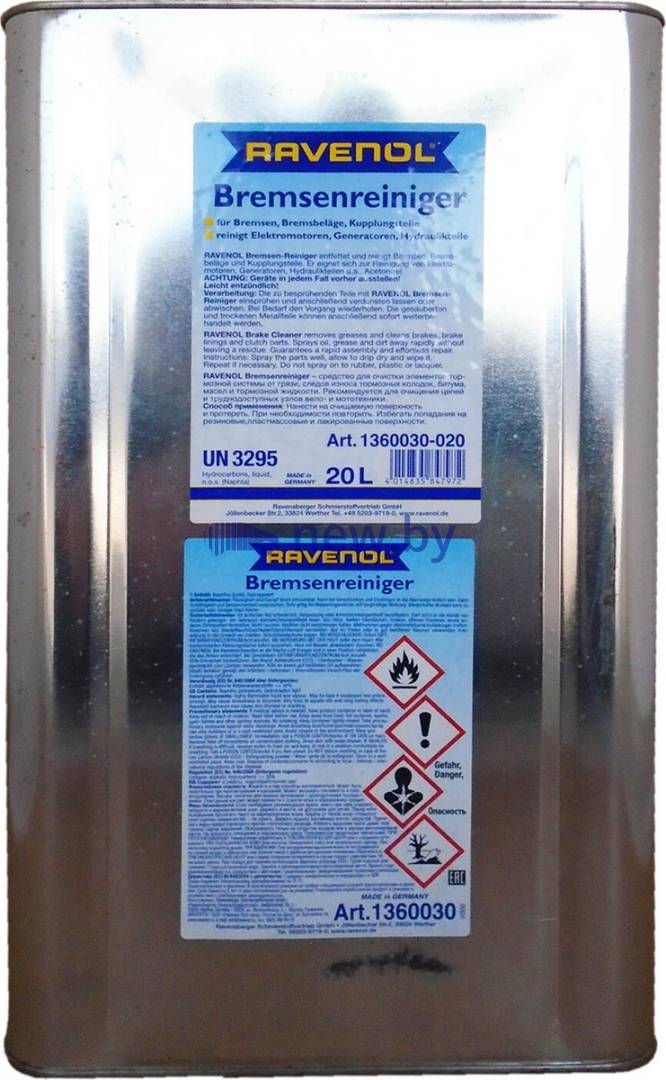Author Email:
Content
These causes may include the person’s surrounding or environment, social pressure, problems at work or at home, cultural norms or traditions as well as genetics. When a partner or close friend frequently drinks, you may be more inclined to join them.
Studies have also revealed that rats that become addicted to alcohol seem to have altered GABA signaling. The team observed that the alcohol-seeking animals behaved in a similar way to humans who are addicted to alcohol. The rodents were highly motivated to get alcohol, even though there were negative consequences and another reward option. Chris Elkins worked as a journalist for three years and was published by multiple newspapers and online publications. Since 2015, he’s written about health-related topics, interviewed addiction experts and authored stories of recovery. Chris has a master’s degree in strategic communication and a graduate certificate in health communication.
Once people detox from alcohol, counseling and therapy are vital for preventing relapse. You can determine if you have a mild, moderate or severe alcohol use disorder by taking a simple quiz. Drug rehabilitation Most addictive substances, including alcohol, affect the pleasure and reward center in the brain. Alcohol manipulates this system, which drives us to repeat behaviors that we enjoy.
Understanding The Causes Of Alcoholism
Regaining control is possible and essential for your survival. But if you have an alcohol addiction, you need professional assistance and a solid support structure to get sober. If alcoholism runs in a family, it’s possible that it can develop or already has developed Drug rehabilitation in any member. Looking at one’s family history for instances of addiction can help to determine a genetic predisposition. This might seem like fighting a losing battle, but it is important to remember that anything can be overcome with the right help and treatment.
This makes alcohol dependence the third most preventable cause of death in the US. Drug use can have significant and damaging short-term and long-term effects.
As a result of drinking, people may become more prone to accidents and show signs of injury, which they may try to cover up. An individual who is experiencing an alcohol use disorder may also hide alcohol around the house or at work. A person may become fearful of running out of alcohol, which in turn means that they keep a ready supply nearby. Another risk factor for alcohol dependency includes depression. Despite her animosity toward her parents’ drinking habits, Susan followed in their footsteps.
Neither Alcohol.org nor AAC receives any commission or other fee that is dependent upon which treatment provider a visitor may ultimately choose. As the alcohol statistics suggest, this disease should be taken seriously if we want to save lives.
One of the most troubling behavioral signs of an alcohol use disorder is drunk driving. The well-known nonprofit organization Mothers Against Drunk Driving publishes reliable statistics on drunk driving. Alcohol addiction is one of the most common chronic diseases in the United States.
How Do You Know If You Are Addicted To Alcohol?
The study revealed that 20.8 percent of RYGB patients went on to develop alcohol use disorder symptoms within 5 years of having the procedure. By contrast, only 11.3 percent of the laparoscopic gastric banding patients developed similar problems. Social and family customs, culture, poor parental support, and peer pressure can play roles in alcohol addiction, the Mayo Clinic says. Or is your biological dependence on this substance due to another issue? To get some answers, take a look at the main causes of alcohol abuse. If you start using the drug again, talk to your doctor, your mental health professional or someone else who can help you right away. Drug addiction can start with experimental use of a recreational drug in social situations, and, for some people, the drug use becomes more frequent.
When you don’t properly address past abuse in therapy, you might turn to heavy drinking to temporarily feel better about your situation. This is a dangerous practice, as it turns into a destructive cycle. Development of a person’s physical and mental growth can also become a risk factor for addiction. Teenagers pose a greater risk for substance abuse because their brains are not fully developed yet and they are prone to risky behavior. Recent studies are showing more and more that genes have an impact on how an individual thinks and acts, and this includes addiction and alcoholism. Roughly speaking, if someone had an alcoholism gene, then their risk for developing an addiction would go up tremendously.
If the personality seems to lend itself to drinking and situations with drinking, this could be a cause of alcoholism. Just as recovery from addiction requires focusing on rewarding activities what causes alcohol addiction other than drug use, so does prevention. Some people may be more prone to addiction because they feel less pleasure through natural routes, such as from work, friendships, and romance.
3 Two people may be addicted to the same drug, yet have vastly different reasons for using. Too much alcohol affects your speech, muscle coordination and vital centers of your brain. A heavy drinking binge may even cause a life-threatening coma or death. This is of particular concern when you’re taking certain medications that also depress the brain’s function. Multiple factors can play a role in a person’s risk of alcoholism. While the above may not directly be considered “causes” of alcoholism, they can play a role in its development. It’s important to understand your risk and do what you can to lower it as much as possible.
- Since 2015, he’s written about health-related topics, interviewed addiction experts and authored stories of recovery.
- This ‘theory’ used to be prevalent and still is among some sections of society, but is generally rejected by professionals in the alcohol addiction field.
- Much like genetics, personality factors are incredibly complex and interact with each other.
- A person’s social life or environment alone is unlikely to cause an alcohol abuse disorder, but it can increase a person’s odds of developing a problem if he or she is already at risk.
- Alcohol Addiction Center is a free, web-based resource helping to bring education and information to the world of alcohol addiction.
- Take your life back by getting started in a treatment program today.
Addiction Center receives advertising payments from the treatment providers that respond to chat requests on the websites and is not associated with any specific treatment provider. Addiction Center is not a medical provider or treatment facility and does not provide medical advice. Addiction Center does not endorse any treatment facility or guarantee the quality of care provided, or the results to be achieved, by any treatment facility. The information provided by Addiction Center is not a substitute for professional treatment advice. You’re more likely to develop an addiction if a parent or relative has dealt with alcohol use disorder. Although there isn’t one true gene that causes alcoholism, many scientists believe that several genes are responsible for about half the risk of developing it. People with these genes are also more likely to misuse alcohol if they also deal with social and psychological influences related to addiction.
Treatment For Alcohol Addiction
Studies have linked authoritarian or neglectful parenting, family violence, and divorce to increased likelihood of substance use problems later in life. Growing up with strong ties to and a sense of belonging—to a family, to a belief tradition, to a culture—are known to be protective against addiction. There are many risk factors for addiction, from individual factors such as stress tolerance and personality makeup to social factors such as friendships and educational and job http://capitalcityobgyn.com/2020/what-causes-alcoholism-the-science-in/ opportunities. But what addiction may come down to for everyone is the emotional and physical appeal of a substance at a particular moment in a person’s life. A tipoff that a person’s behavior has progressed to an alcohol use disorder concerns their nutritional habits. As alcohol abuse takes firmer root, people often neglect their nutritional health. The person may show signs of malnutrition, such as a gaunt appearance, hair loss or thinning, and dark circles under the eyes.
One use of a substance can produce a pleasurable effect that motivates interest in repeating the experience. But the experience of pleasure is relative; it hinges in part on biology and very much on what else there is going on in a persons life that is meaningful or rewarding. The common but mistaken view of addiction as a brain disease suggests that there is some malfunction in the brain that leads to addiction. Studies show that repeated use of a substance , encouraged by a surge in dopamine, creates changes in the wiring of the brain—and those changes are reversible after drug use stops.
Although they’re addicted, they can hold a steady job and take care of their daily responsibilities. But most alcoholics experience negative consequences because of their drinking. Find a Christian alcohol rehab program that’ll meet your needs and help you recover from alcoholism. Alcoholism is a complex disease that has adverse effects to the body. Please contact a dedicated treatment providerthat can help you get your life back on track. Alcoholism happens when you consume so much alcohol that your body eventually becomes addicted to alcohol or dependent on it.
Drug Addiction Substance Use Disorder
Aftercare resources such as 12-step groups, sober living homes and support for family and friends promote a life rich with rewarding relationships and meaning. But that is me and maybe you want to try and find out why you, or someone you care about, is addicted to alcohol. Maybe Sobriety exploring the causes of alcohol addiction will help you overcome your dependency. Over time, drinking alcohol excessively could alter the normal function of the parts of your brain connected with the experience of judgment, pleasure, and the ability to control your behavior.
Long-term, excessive alcohol use has been linked to a higher risk of many cancers, including mouth, throat, liver, esophagus, colon and breast cancers. Even moderate drinking can increase the risk of breast cancer. This may result in craving alcohol to try to restore good feelings or reduce negative ones. Alcohol withdrawal can occur when alcohol use has been heavy and prolonged and is then stopped or greatly reduced. It can occur within several hours to four or five days later. Signs and symptoms include sweating, rapid heartbeat, hand tremors, problems sleeping, nausea and vomiting, hallucinations, restlessness and agitation, anxiety, and occasionally seizures. Symptoms can be severe enough to impair your ability to function at work or in social situations.
The most common hallucinogens are lysergic acid diethylamide and phencyclidine . Regardless of what the cause is, there are effective treatments available for alcohol abuse. It may be just a matter of finding the right program for a person’s unique situation, which is something that we can help with. If you or a loved one are seeking help for alcoholism, there is help available.Contact a treatment provider and find rehab facilities nearby. Alcohol treatment professionals work with you to create a personalized comprehensive recovery plan with measurable goals. Comprehensive recovery plans may include inpatient or outpatient treatment, medication-assisted therapy, counseling and support groups.
Mental Health Problems And Their Link To Alcoholism
The sheer number of factors that can influence the development of an alcohol addiction make it virtually impossible to accurately predict whether any individual http://spedire.siquis.it/2021/07/14/consequences-of-alcohol-use-in-diabetics/ will develop alcoholism. It is also true that no single factor, nor group of factors, will determine whether or not someone becomes an alcoholic.
259 total views, no views today








